The second of 10 entry routes for the new Targeted Agricultural Modernisation Scheme (TAMS III) opened this week.
The Animal Welfare and Nutrient Storage Scheme (AWNSS) contains the greatest number of investments, with items ranging from animal housing and slurry storage to fencing, farm roadways and underpasses, along with pasture management equipment and rainwater harvesting investments.
The entry route also contains a number of sheep-specific investments. There are five main animal housing options covered in Table 1 for sheep and goats. These options were available under the previous TAMS II and reference costs have increased by 12% since they were last revised in April 2022.
There are two other housing options included – sheep slats for a new tank in an existing animal area which have a reference cost of €68.28/m2 and replacement sheep / calf slats which have a reference cost of €78.28/m2.
Grant aid is payable at a rate of 40% under the general entry route and at 60% for young trained farmers, eligible women farmers and organic farmers. The investment ceiling is €90,000 for individual applications and €160,000 for registered farm partnerships. Applicants start off on a clean slate in TAMS III and are eligible for the full funding with investments undertaken in TAMS II not carried forward.
Sheep fencing options also remain similar and are detailed in Table 2.
There has been no change in the reference figure listed which remains at €6.75/m for the majority of fencing and €8.81/m for fencing erected on mountain lands.
The reference cost is an area farmers hope can be revisited in light of recent discussions on the banning of creosote-treated posts and reports that replacement posts could be significantly more expensive to purchase.
Gateways are eligible for grant aid where they are erected in a new fence and the reference cost has increased marginally by 5% to €361.04.
This cost covers the cost of a hanging and a receiving post, as a gate cannot be hung on a post that is used to erect wire, the cost of the gate and associated costs of erecting the gate.
The rate of grant aid for sheep fencing is the same as described above for animal housing investments.
The range of fixed and mobile sheep handling equipment available in TAMS II has been carried forward to TAMS III.
There are some notable changes to take in to account. This equipment now also falls under the Farm Safety Capital Investment Scheme (FSCIS) entry route, which offers grant aid at a rate of 60% compared to the standard rate of 40%.
As such, applicants who are not eligible to apply through the Young Farmer Capital Investment Scheme (YFCIS) or Women Farmer Capital Investment Scheme (WFCIS) should opt for this entry route if they wish to avail of the higher level of funding.
The reference costs have been updated for all fixed and mobile sheep handling equipment investments.
The standout change is a reduction of 15% in the reference cost of a fixed or mobile sheep weighing scales.
A number of other items have seen their reference cost increase by 5% with a fixed handling unit and a mobile sheep batch footbath increasing by 12%.
The reference costs of electronic tag readers have stayed the same since they were first included in TAMS.
Applications must be submitted through the agfood.ie portal in the same manner as previous schemes.
The scheme will continue to operate in a tranche basis, whereby applications will be accepted for a set period of time with that tranche closing and another opening. The first tranche is expected to close on 16 June 2023.
The risk of purchasing and not receiving grant aid lies entirely with the applicant
The terms and conditions outline that there is an opportunity for farmers to purchase certain mobile items subsequent to making an application and prior to receiving approval.
Installation or construction of a non-mobile investment cannot commence until written approval has been issued to the applicant(s).
The risk of purchasing and not receiving grant aid lies entirely with the applicant, with the Department not under any obligation to fund any investments that fail to receive approval either from an ineligible application or the scheme being oversubscribed.
Farmers need to be fully aware of these risks if progressing down this route and it is important that all documentation and relevant specifications are to Department requirements.




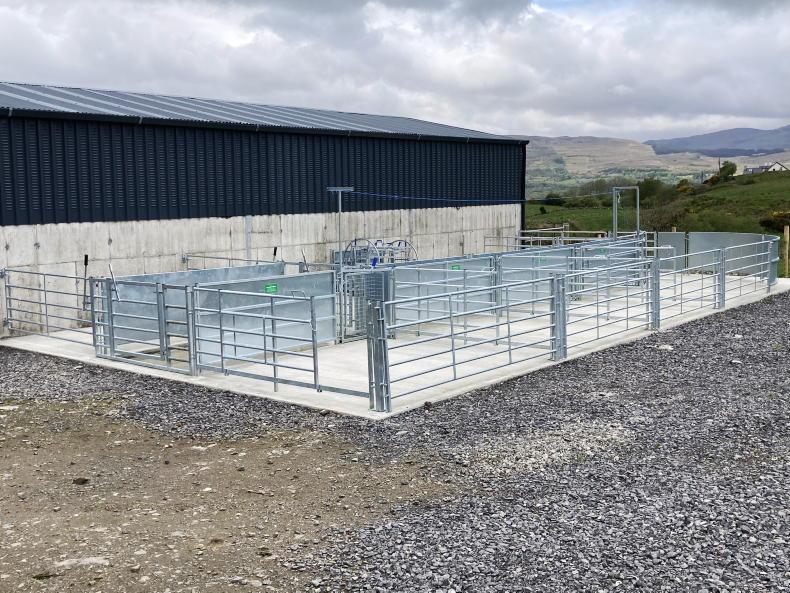
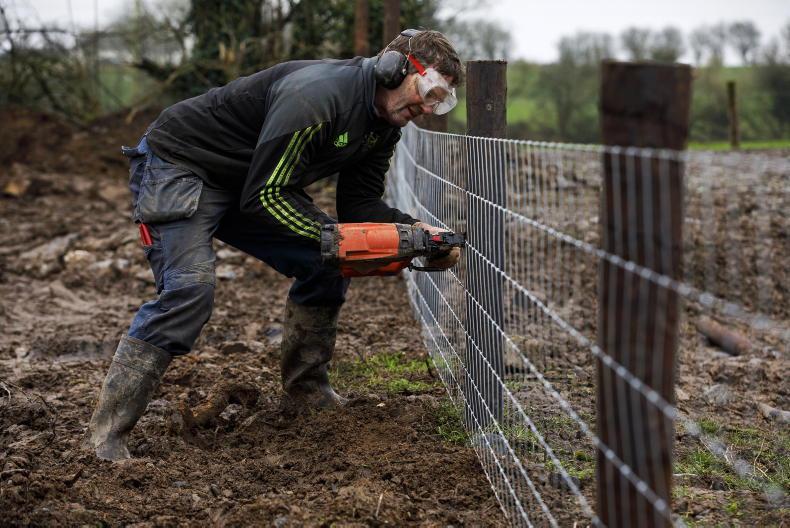

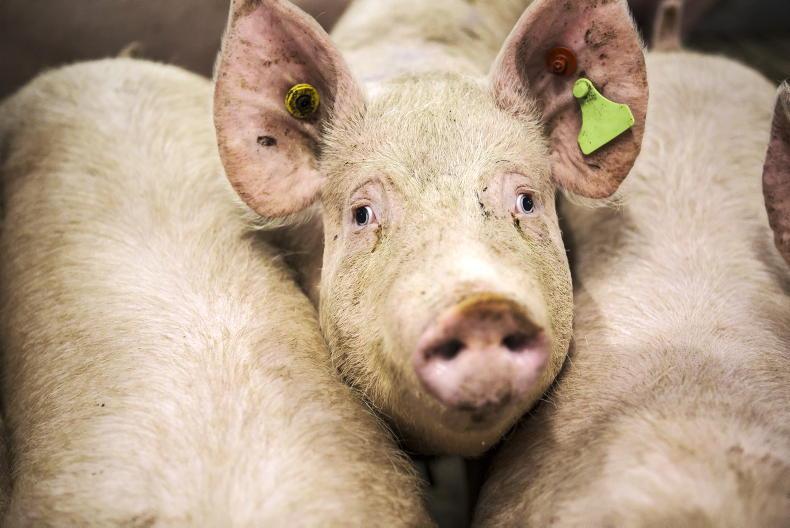
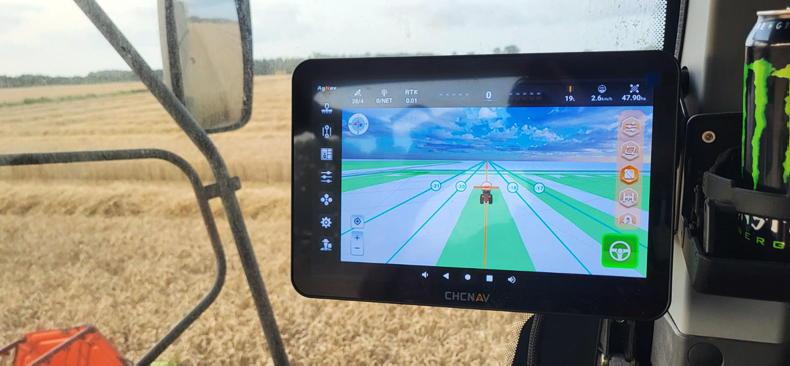
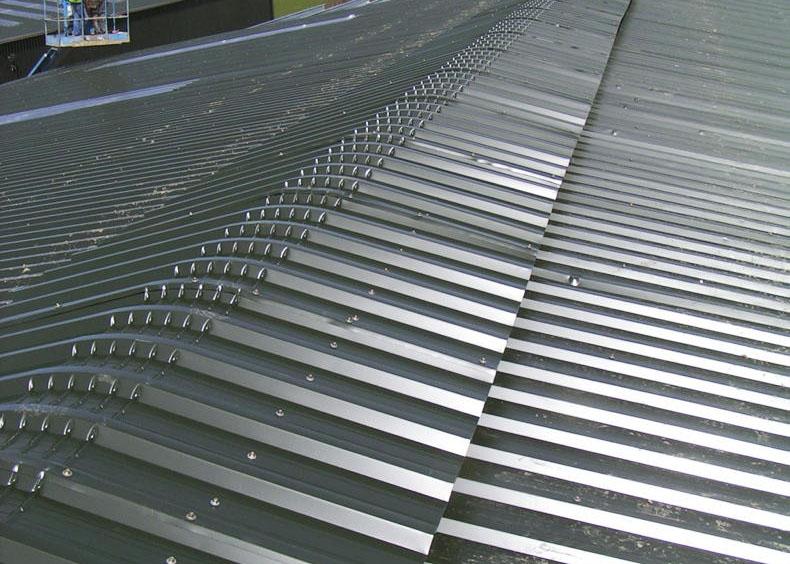
SHARING OPTIONS